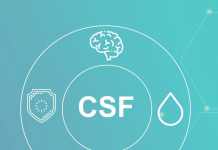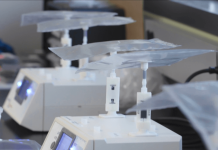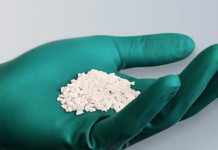Canadian company Momentum Health has received 510(k) clearance from the US Food and Drug Administration (FDA) for its Momentum Spine app for remote monitoring of postural asymmetries.
Concurrent with the clearance, the company has launched the app. The user can take a video on their mobile device, and the app then reconstructs a 3D model of the torso using 3D imaging and artificial intelligence (AI). The Momentum Spine app also provides real-time measurements such as shoulder symmetry, waist asymmetry, trunk shift, plumb shift, and a detailed asymmetry map.
Related: BiVACOR secures $13m for total artificial heart programme
Multiple companies have invested in developing remote monitoring devices. A 2022 report by GlobalData forecasts that the remote patient monitoring device market will reach $760m by 2030. The market will exhibit a compound annual growth rate of 3.3% from 2020 to 2030.
The use of technologies such as AI and machine learning in diagnostics is also increasing. GobalData forecasts that the AI market is expected to grow from being worth approximately $93bn in 2023 to over $908.7bn in 2030.
Scoliosis is an abnormal lateral curvature of the spine. It affects approximately six to nine million people in the US, as per the American Association of Neurological Surgeons. The disease is currently monitored and quantified by using X-rays.
Momentum plans to add AI-predicted Cobb Angle measurements, which are used to quantify the magnitude of spinal deformities, especially in the case of scoliosis with a higher angle signifying severe scoliosis. The Momentum Spine app is designed for patients aged eight years and older and does not require a physician’s prescription to download and use.
Another company that is using AI to aid in the diagnosis and monitoring of scoliosis is ImageBiopsy Lab. The company launched a SQUIRREL module for X-ray scoliosis assessment in July 2023. The severity of scoliosis is determined by the Cobb angle which is extremely sensitive as a 10° change can alter the severity of the diagnosis. IB Lab said it developed its technology with the aim of “improving the consistency and reliability of scoliosis assessments while promoting standardisation within the field”.




